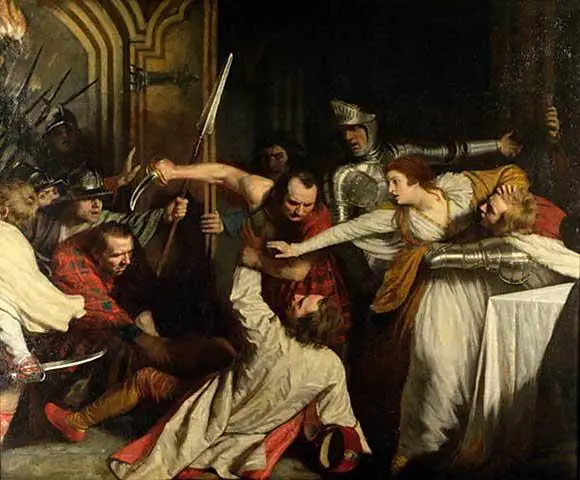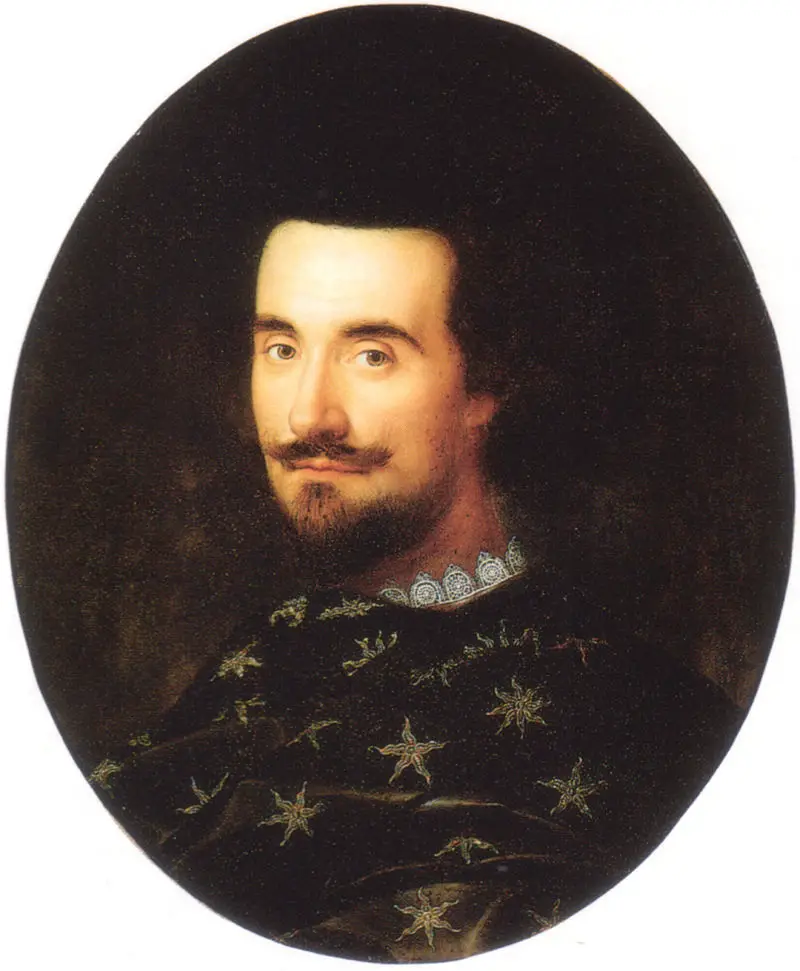Campion was born in 1567 and was the son of John Campion, cursitor to the chancery court, and Lucy Searle. His father died when he was nine, so he was brought up by two stepfathers. Campion was educated at Peterhouse, Cambridge, and he was admitted to Gray's Inn, one of the four Inns of Court in London, in April 1586. His Oxford Dictionary of National Biography biographer, David Lindley, notes that Campion did not proceed to any formal qualifications at Cambridge or at Gray's Inn, but that it was while he was at Gray's Inn that he became involved in acting in revels and writing songs. He published his first major work, Poemata, a collection of Latin panegyrics, elegies and epigrams in 1595. Lindley writes that following that publication, "Apart from a commendatory epigram to John Dowland's First Booke of Songs and Ayres (1597) and Meres's praise of his Latin poetry in Palladis tamia (1598), Campion disappears from view until the publication, in 1601, of the first among the works upon which his reputation now chiefly rests, A Booke of Ayres."
Campion's other works include:
- The 1602 Observations in the Art of English Poesie.
- The 1613 The Lords' Masque which celebrated the marriage of Princess Elizabeth, daughter of King James I, to Frederick V, Elector Palatine.
- The Caversham Entertainment which was written in 1613 for Queen Anne's visit to the home of Sir William Knollys.
- The Somerset Masque of 1613 which was written for the marriage of Frances Howard, daughter of the Earl of Suffolk, to Robert Carr.
- The 1613 Songs of Mourning about the death of Prince Henry in 1612.
- Two Books of Ayres
- A New Way of Making Fowre Parts
- The Third and Fourth Booke of Ayres c. 1617.
- The 1619 Tho. Campiani epigrammatum libri II
- De pulverea coniuratione (On the Gunpowder Plot).
Campion finally got a qualification in 1605, when he graduated from the University of Caen, in France, with an MD. He returned to London and began working as a physician. In 1615, he became involved in the scandal surrounding the poisoning of Sir Thomas Overbury in the Tower of London, allegedly at the behest of Frances Howard and Robert Carr, and was questioned about his involvement in the appointment of Sir Gervase Helwys as Lieutenant of the Tower of London following the removal of Sir William Wade. Helwys was implicated in the murder along with gaoler Richard Weston, a former servant of Frances Howard and Robert Carr. Fortunately, Campion was questioned and released.
Campion died on 1st March 1620 but his cause of death is unknown.
Here are some YouTube videos featuring Campion's compositions:
You can find many more if you search for Thomas Campion on YouTube.




Leave a Reply